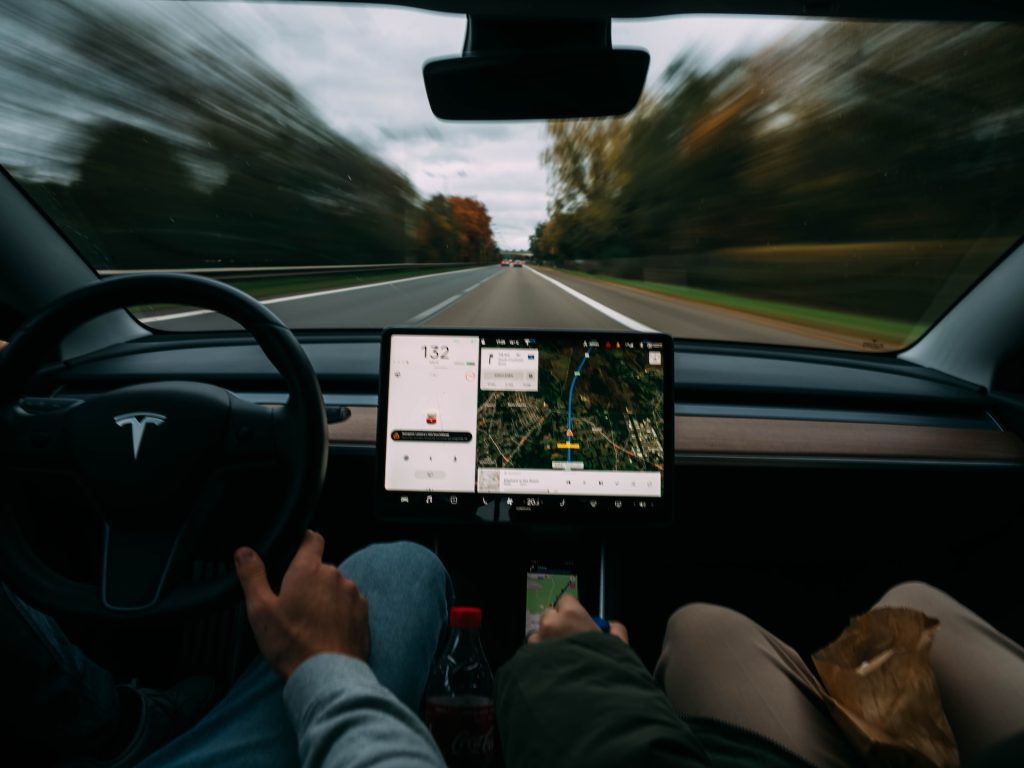GPS tracking devices have become increasingly popular in recent years, and with good reason. Not only can they be used to keep track of your vehicle, but they can also be used for various other purposes.
Service of Process
Service of process is the legal procedure in which documents such as subpoenas or summons are delivered to an individual or organization involved in a court case. These documents must be delivered accurately and on time for the legal proceedings to proceed.

GPS tracking technology helps make process serving easier by providing real-time updates about where documents are located and when they have been delivered. This allows law firms to ensure that their clients’ documents are correctly served on time without waiting for traditional proof-of-delivery services like certified mail or private investigators.
GPS tracking also provides detailed information about how long a document took to be delivered, allowing law firms to accurately bill their clients for the service.
Additionally, GPS tracking can provide valuable insights into how a process server completes a job, tracking factors like what routes they take. This way, law firms can optimize their routes and reduce costs.
Lost Pets
GPS tracking for pets works the same way it does for vehicles or other mobile items. The device attaches directly to a pet’s collar and is small enough that it won’t bother them while they go about their day.
Once activated, the device will notify the owner whenever their pet leaves a designated area, like when they escape from home or run out of the park. It will then show exactly where they are on a map so their owner can easily find them.
There are several benefits to using GPS tracking technology for pets. For one thing, it eliminates the need to search blindly if a pet goes missing; instead, all owners need to do is follow the instructions on the app, which will lead straight to them.
This technology also makes it easier for pet owners who travel frequently. Rather than asking friends or family members to keep an eye on their furry friend while they’re away, they can install a tracking device to always know where their pet is. Finally, these devices are relatively affordable; some retail for around $25-30 USD, depending on features and quality.
Medical Equipment
Medical equipment is expensive, so it’s important to keep it secure. With GPS tracking, an organization can monitor the exact location of its equipment at all times. This way, they can respond quickly if an item has been misplaced or stolen.
Organizations will also receive updates whenever an item moves from one location to another so they can act quickly before any damage is done. Plus, they’ll also have access to historical data that can help identify trends in usage over time and aid in long-term planning for future needs.
In some cases, such as when delivering specialized medical devices like defibrillators or portable X-ray machines, timely delivery is critical for patient care. With GPS tracking systems in place, healthcare providers can easily access real-time location information about their devices so they know exactly when they need to expect them—saving valuable time that could be spent caring for patients instead.
Wildlife Movement
Wild animals are constantly on the move, which makes it difficult to study them and their habitats. By using GPS technology to track their movements, scientists can gain a better understanding of their behavior and how they interact with their environment. This information can then be used to inform conservation efforts and ensure that animals have access to adequate food, water, and shelter.
GPS tracking also allows researchers to study animal migration patterns over long distances. For instance, scientists studying elephant populations in Kenya can use GPS collars to monitor the animals as they migrate between seasonal grazing areas—a journey of hundreds of kilometers! By gaining a better understanding of animal migrations, researchers can suggest important conservation measures such as establishing protected migration corridors or reducing human-wildlife conflicts.
GPS tracking also helps them identify potential threats to the species’ survival, such as poaching or illegal logging activities. In addition, GPS trackers don’t interfere with a wild animal’s natural behaviors or cause any physical harm to the animal. Finally, GPS collars also allow researchers to collect data over a long period of time without having to invest extensive amounts of time or energy into manually following an animal’s movements in person.
A quality GPS system can not only help process service agencies by keeping their clients informed, but it can also save time by locating lost pets or medical equipment. In addition, it can assist in providing invaluable insights into animal behavior patterns in wild habitats all over the world. With cutting-edge technology like this, there’s no limit to how far you can take it!


















